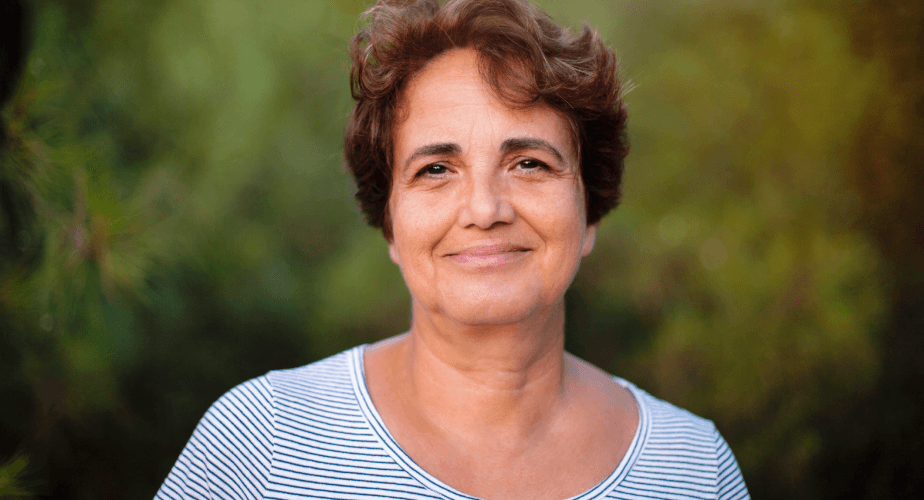
TMS and depression

Transcranial Magnetic Stimulation (TMS)
Has been shown to relieve symptoms of depression in certain individuals. It changes activity in areas of the brain that are abnormally active in patients with depression. TMS is approved by the Therapeutic Goods Administration and endorsed by the Royal Australian and New Zealand College of Psychiatrists.
Who can have TMS?
TMS is for patients with depression and who have a history of poor response to, or an inability to tolerate, the side effects of antidepressants. It is for patients who have had a good response to TMS previously. People with dental fillings/braces can have TMS.
Who cannot have TMS?
TMS involves magnetic energy so there are people who are unable to have TMS. This includes those with:
- A cardiac pacemaker or defibrillator. Some exceptions can be made depending on consultation with psychiatrist, manufacturer and cardiologist
- History of previous head or brain surgery
- Cochlear implants
- Brain aneurysm clips
- History of seizures, fits, epilepsy or stroke
- A neurostimulator or biostimulator
- A significant neurological disorder such as MS, cerebral lupus, brain tumour
- It is not recommended during pregnancy


What happens during a session?
Patients sit in a comfortable chair and are fully conscious and responsive. There are no medications involved. The TMS nurse rests the magnet over the appropriate area of the scalp and activates the magnet. During the treatment patients may talk with the nurse, rest or meditate as they wish.
Do patients need to be in hospital?
No. Patients can access TMS through Medicare and self-funding options as an outpatient. They will also need an outpatient consultation with their psychiatrist. This can be arranged through the private consulting suites. Once submitted the hospital will notify the patient of the outcome.
Outpatient treatment funding options

Private Health
Some funds cover outpatient TMS treatment. Patients should consult their treating psychiatrist to assess suitability. Inpatient options are determined by the psychiatrist’s assessment and are subject to availability and confirmation from the hospital.

Self-funding
For patients with prior TMS experience who are already utilising MBS funding, or who are uninsured. Estimates available from our billing department. An official quote will be provided after consultation with a credentialed psychiatrist. We offer outpatient TMS packages.

Medicare
Provides funding for 50 treatments made up of 35 initial sessions and 15 top-ups if needed. Available to patients who have not previously received TMS treatment as an outpatient or inpatient.
How to refer
Please refer your patient to one of our credentialed psychiatrists.
Referrals can be sent to our Clinical Intake team.
Phone 02 9686 0808
Fax 02 9686 0534
Email WRPC@healthscope.com.au
Need extra support?
Our 21-day inpatient program provides extra support from a team of experienced mental health professionals in a safe, comfortable and home-like environment. Click for more information about our inpatient program
Please note your patient is to be reviewed for Outpatient TMS through either Medicare funding, Self Funding or Private Health.
This allows our Intake team to fast track and triage appropriately.

